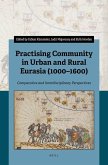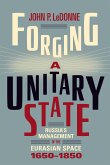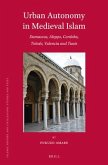As with most empires of the Early Modern period (1500-1800), the Ottomans mobilized human and material resources for warmaking on a scale that was vast and unprecedented. The present volume examines the direct and indirect effects of warmaking on Aleppo, an important Ottoman administrative center and Levantine trading city, as the empire engaged in multiple conflicts, including wars with Venice (1644-69), Poland (1672-76) and the Hapsburg Empire (1663-64, 1683-99). Focusing on urban institutions such as residential quarters, military garrisons, and guilds, and using intensively the records of local law courts, the study explores how the routinization of direct imperial taxes and the assimilation of soldiers to civilian life challenged and reshaped the city s social and political order.








